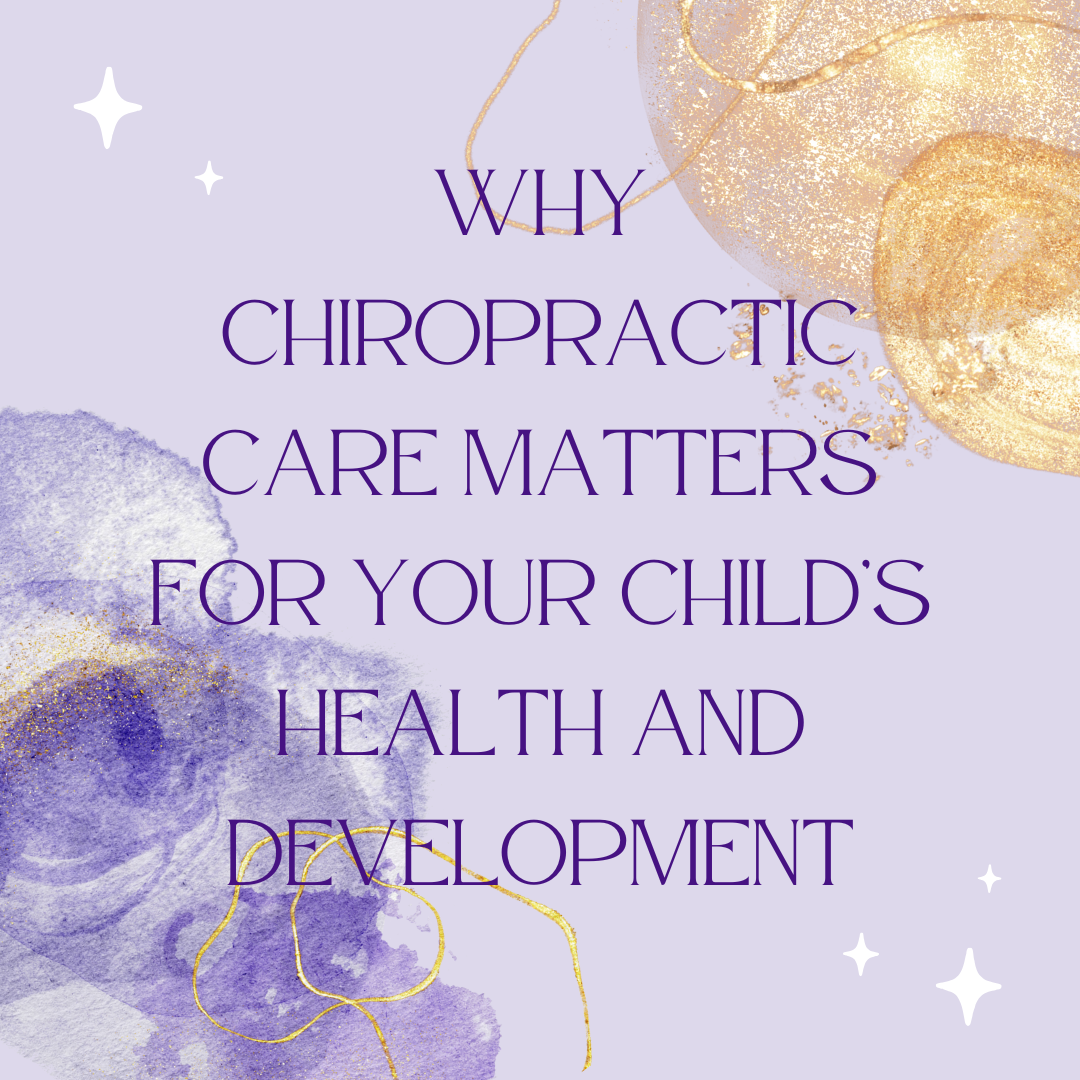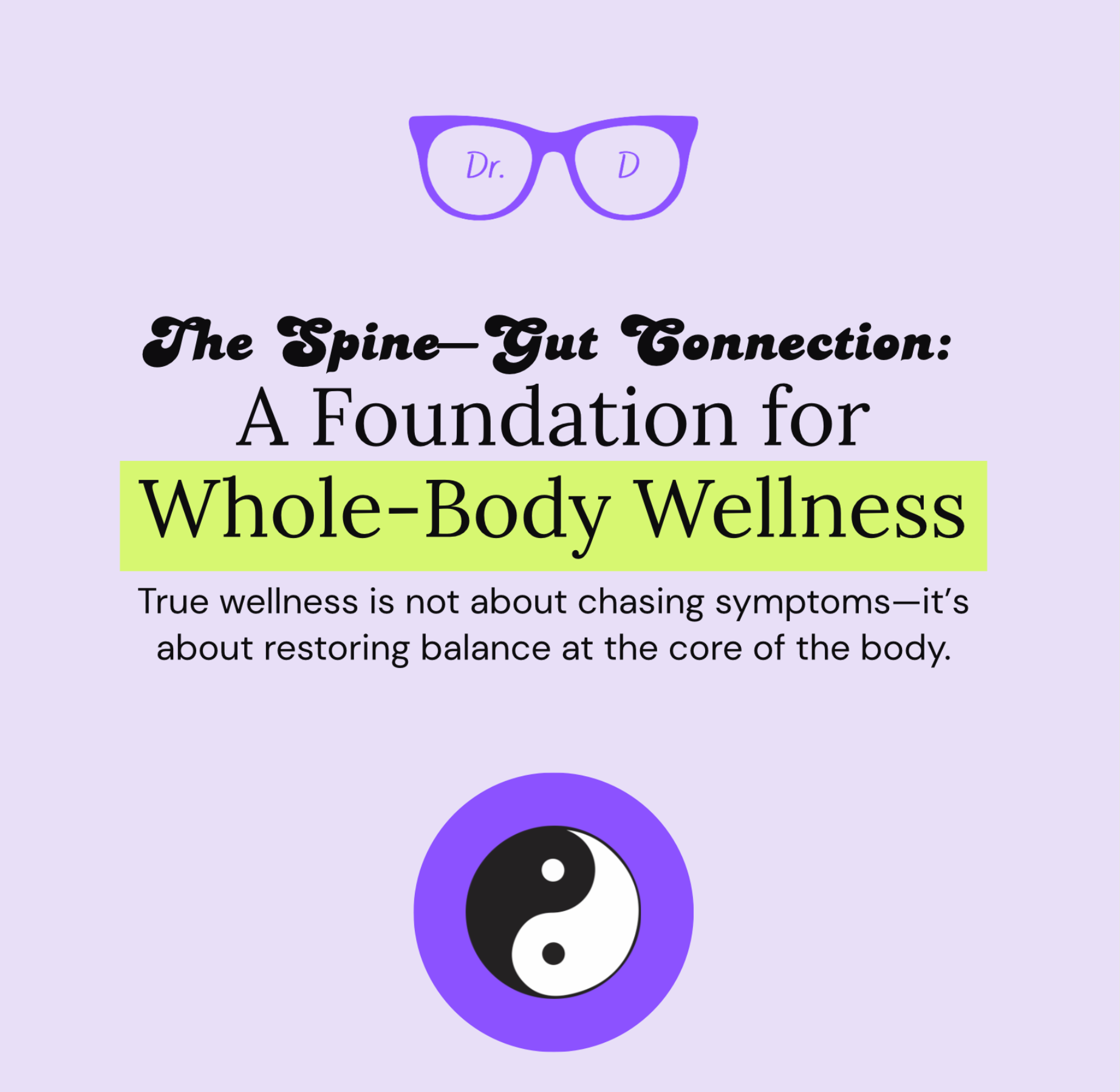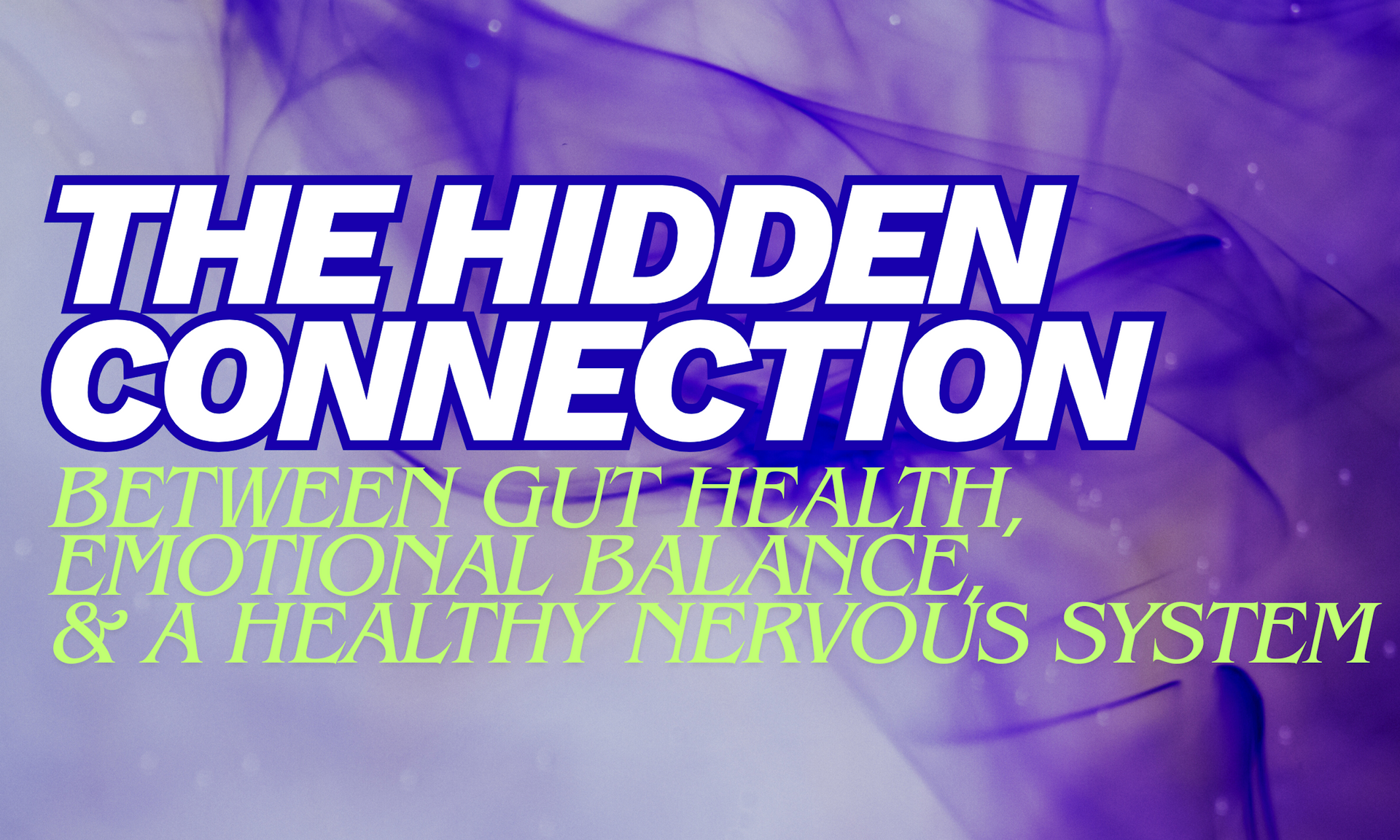12 Effects of Chronic Stress On Your Brain
Chronic stress increases the stress hormone cortisol and affects many brain functions, putting you at risk for many mood disorders and other mental issues.

Stress is an unavoidable part of modern life.
There are two main kinds of stress — acute stress and chronic stress — and not all stress is bad for you.
Acute stress is the reaction to an immediate threat, commonly known as the “fight or flight” response.
Once the threat has passed, your levels of stress hormones return to normal with no long-lasting effects.
90% of doctors’ visits are for
stress-related health complaints.
Chronic stress makes you more vulnerable to everything from cancer to the common cold.
The non-stop elevation of stress hormones not only makes your body sick, it negatively impacts your brain as well.
When stress becomes chronic, it changes your brain’s function and even its structuredown to the level of your DNA.
The Effects of Chronic Stress on Your Brain
While stress and cortisol take a toll on your body, they take an equally high toll on your brain.
Some of these brain-related stress symptoms will be obvious to you, like memory problems, anxiety, and worry.
But most of these effects of stress on your brain are “behind the scenes.”
You don’t notice they’re happening but you will notice the side effects ... eventually.
Some side effects of stress that impact your mental well-being include:• excessive worry and fear
• anger and frustration
• impatience with self and others
• mood swings, crying spells or suicidal thoughts
• insomnia, nightmares, disturbing dreams
• trouble concentrating and learning new information
• racing thoughts, nervousness
• forgetfulness, mental confusion
• difficulty in making decisions
• feeling overwhelmed
• irritability and overreaction to petty annoyances
• excessive defensiveness or suspicion
• increased smoking, alcohol, drug use, gambling or impulse buying
Chronic stress may seem to be an unavoidable part of life, but proactive steps will definitely reduce its wear and tear on your brain.
Link to full article: https://bebrainfit.com/effects-chronic-stress-brain/
Start being proactive today and schedule an appointment now. Call or Text (602) 524-0222. You can also email us at info@mladenoffclinicaz.com





